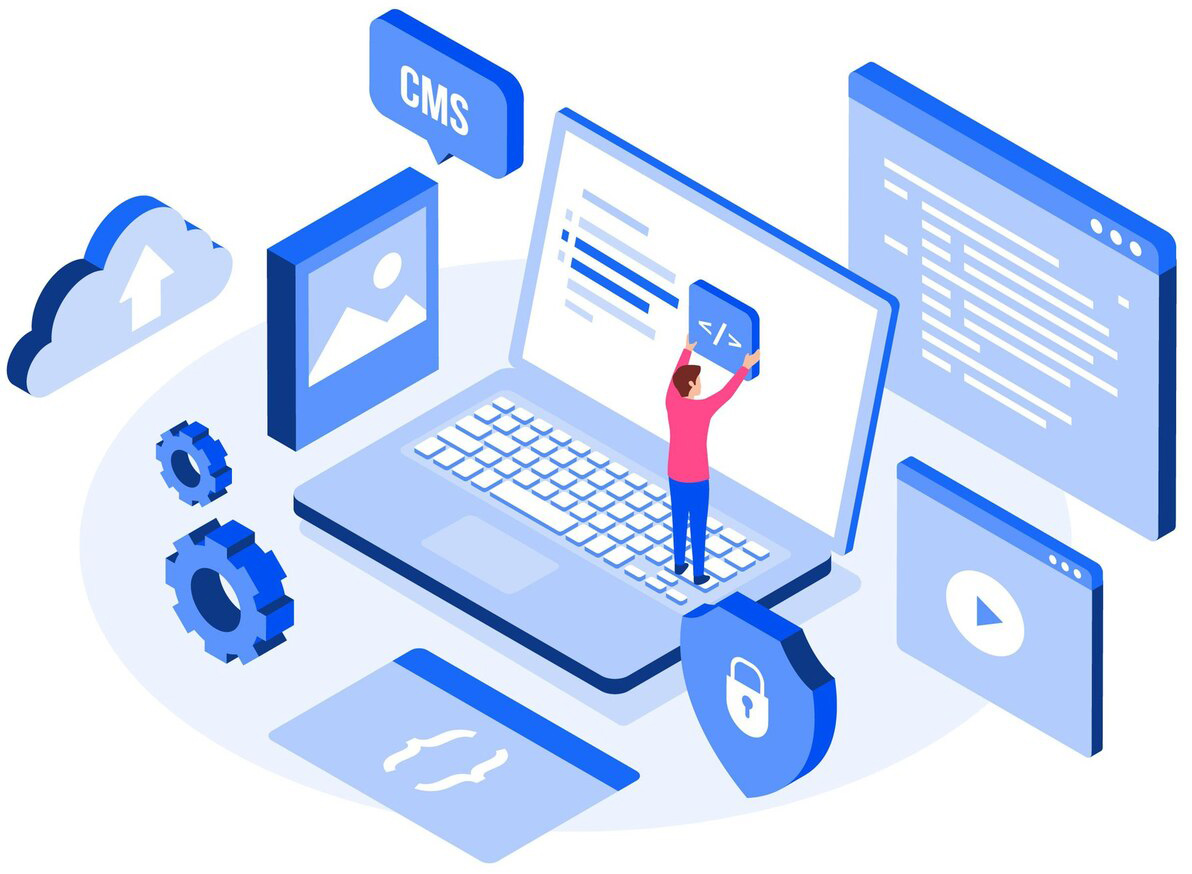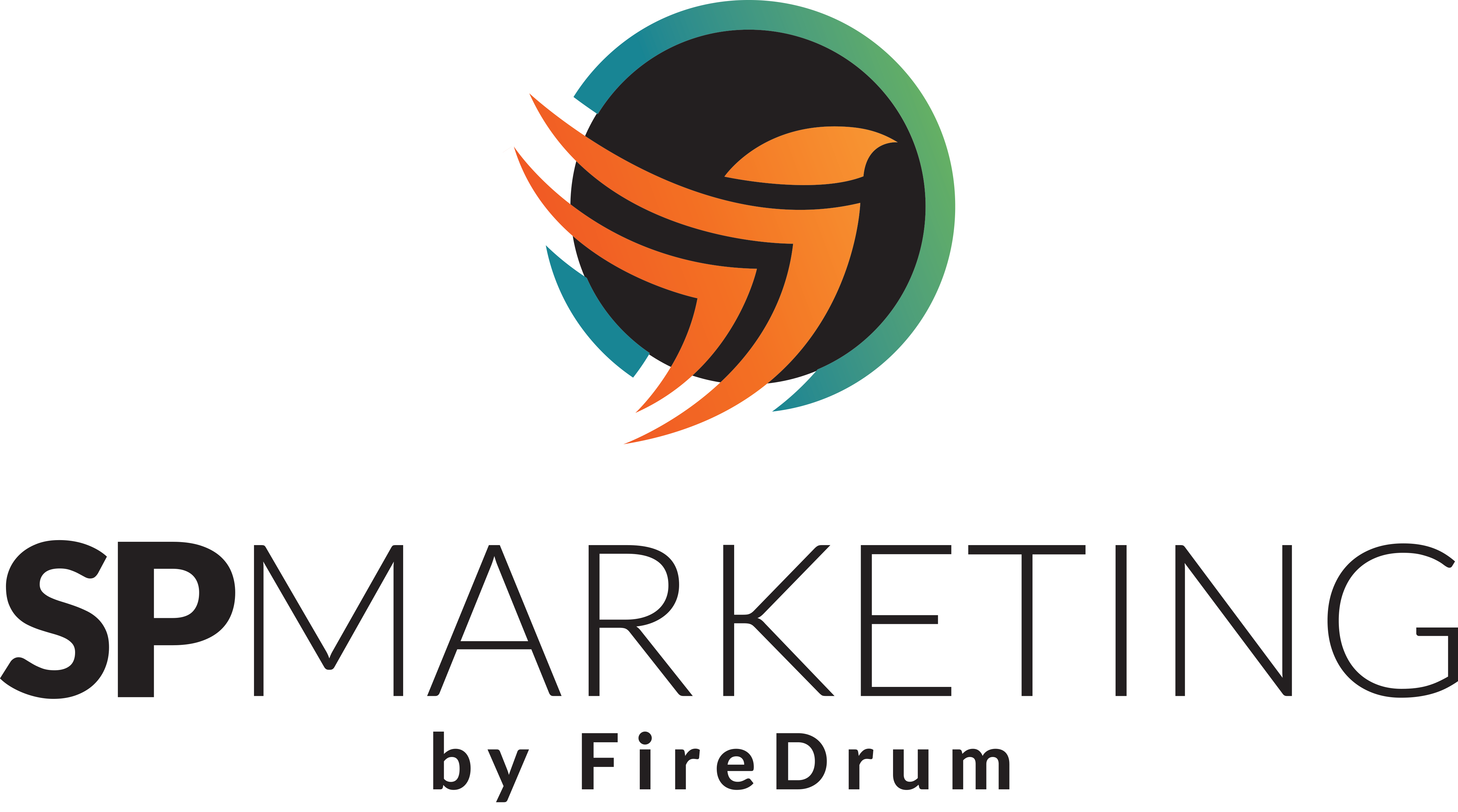- SEO (Search Engine Optimization)
Search engine optimization (SEO) is the cornerstone of attracting organic traffic to your website. To effectively implement SEO strategies, you may rely on various SEO tools and services that seamlessly integrate with WordPress. However, these tools often require you to maintain updated versions of WordPress, plugins, and themes to function correctly.
Search engines, such as Google, continually update their algorithms, making it imperative for SEO tools and plugins to adapt accordingly. By staying updated, you ensure that your SEO efforts remain effective and aligned with the latest search engine ranking factors.
Outdated SEO plugins or themes may not only compromise your website's search engine visibility but also hinder your ability to track and analyze crucial SEO metrics. In a digital landscape where organic search traffic can significantly impact your online success, keeping your website components up-to-date is a strategic move to maintain and improve your search engine rankings.
- Security Plugins
Enhancing your website's security is a top priority in today's online environment. Many WordPress users rely on third-party security plugins to bolster their website's defense against cyber threats. These security plugins, however, require regular updates to remain effective against emerging threats and vulnerabilities.
Running outdated security plugins is counterproductive, as they may not provide the level of protection your site needs. Cybercriminals are continually devising new tactics and techniques to breach websites, and security plugins must adapt to these evolving threats. By staying updated, you ensure that your website is equipped with the latest security measures, helping to safeguard sensitive data and maintain the trust of your users.
Furthermore, security plugins often work in conjunction with the WordPress core and other plugins, creating a comprehensive security ecosystem. Failing to update any component within this ecosystem can compromise the overall security of your website. Therefore, regular updates to all elements are essential for maintaining a robust defense against potential threats.
- Integration with External Services
Websites today frequently integrate with a myriad of external services to expand functionality and provide a seamless user experience. These external services may include email marketing platforms, payment gateways, social media networks, and more. However, updates may be necessary to ensure the smooth operation of these integrations.
Failure to update your WordPress core, plugins, and themes can result in broken integrations and the loss of critical functionality. For example, if your website integrates with an email marketing service to capture user subscriptions, an outdated plugin may fail to sync new subscribers with your email list, impacting your marketing efforts. Similarly, if you rely on payment gateways to process transactions, an incompatible theme or plugin can lead to checkout errors and abandoned carts.
By staying updated, you guarantee that your website seamlessly communicates with these external services, enhancing user experience and ensuring that your website's functionality remains intact. This cohesion is vital for achieving your website's goals, whether they involve growing your email subscriber list, facilitating e-commerce transactions, or expanding your social media presence.











